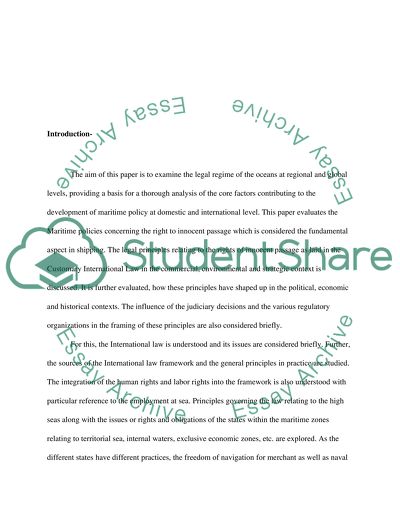Cite this document
(Public Shipping Law Case Study Example | Topics and Well Written Essays - 2250 words, n.d.)
Public Shipping Law Case Study Example | Topics and Well Written Essays - 2250 words. Retrieved from https://studentshare.org/law/1500040-public-shipping-law
Public Shipping Law Case Study Example | Topics and Well Written Essays - 2250 words. Retrieved from https://studentshare.org/law/1500040-public-shipping-law
(Public Shipping Law Case Study Example | Topics and Well Written Essays - 2250 Words)
Public Shipping Law Case Study Example | Topics and Well Written Essays - 2250 Words. https://studentshare.org/law/1500040-public-shipping-law.
Public Shipping Law Case Study Example | Topics and Well Written Essays - 2250 Words. https://studentshare.org/law/1500040-public-shipping-law.
“Public Shipping Law Case Study Example | Topics and Well Written Essays - 2250 Words”, n.d. https://studentshare.org/law/1500040-public-shipping-law.


